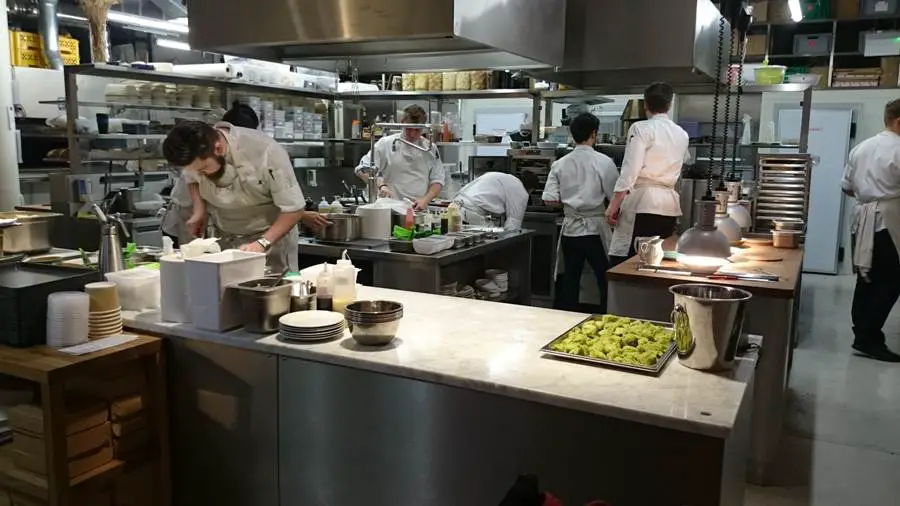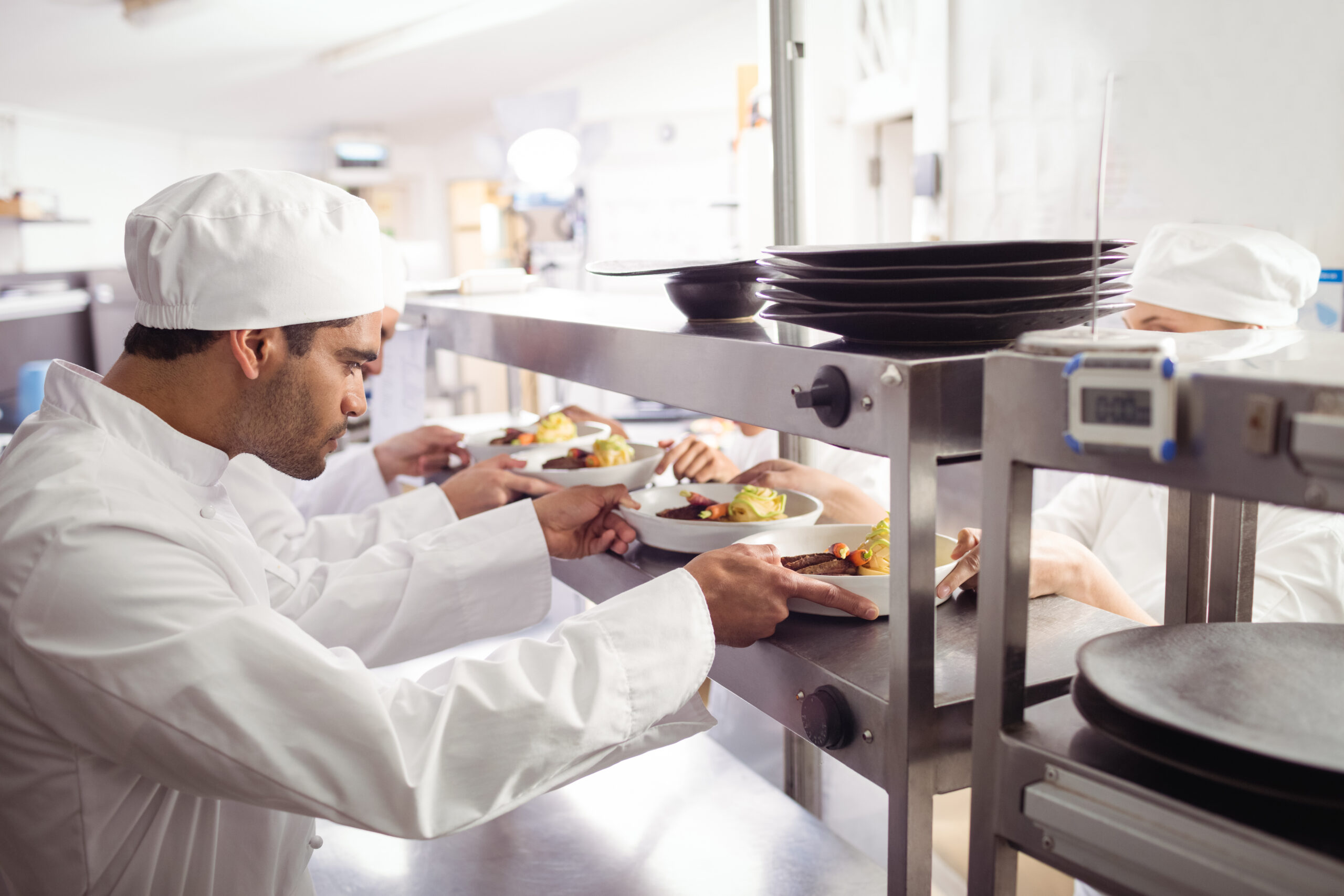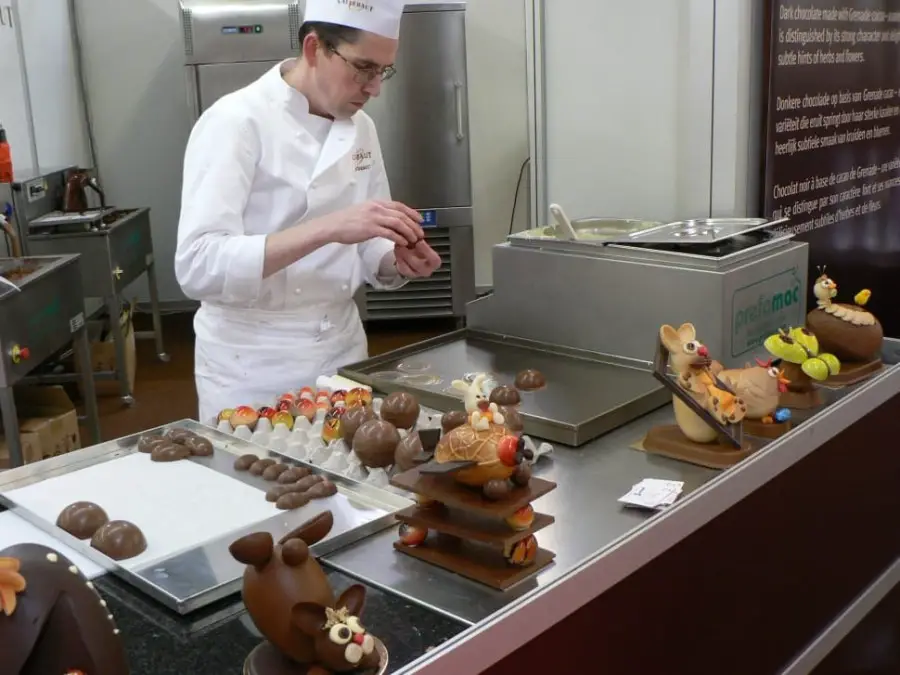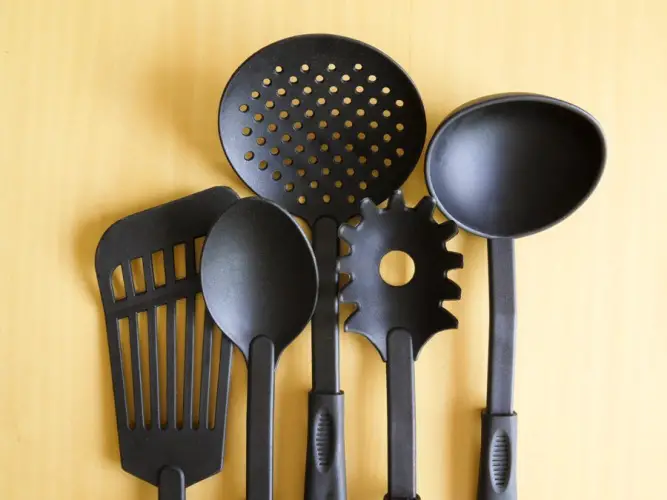
The word care is universal, and things have to be taken care of.
A lot of things in life beckons for care!
Tools can stand the test of time, depending on how we care for them.
As humans care for themselves, so also objects need to be cared for.
A car owner has to care for their vehicle, by doing the washing by himself or taking his vehicle to a car wash services firm.
So, taking care of things has been part of us humans.
The deliberations of this blog post are utensils.
How do we relate to them? How do we value them?
Why should we value utensils?
The Kitchen Asset
Something that is of value is an asset.
When you stand in the middle of a kitchen.
Tell me!
What do you see?
You are surrounded by equipment and utensils.
Imagine that kitchen without those utensils and equipment.
It’ll be an empty room!
Those pots, bowls, spoons, trays, etc., that are in different positions in the kitchen are great assets.
Also, you can imagine the efforts that you made to provide tables, cupboards, counters, etc., where these items can be placed.
Why is it so?
It’s because of their value…
Their presence in the kitchen signifies their worth. To notice them around every time shows their usefulness. Keeping them means preserving value.
The Care We Give To This Assets Should Be As Follows:
PANS: Be washed after usage, placed on a rack, or can still be wiped with kitchen cloth and arranged on a rack.
NON-STICK PANS: Due to their nature, if there are food particles stuck on the pan, water should be poured into the pan, allowed to soak till dissolved, and washed with a soft sponge, (not an iron sponge) so the coating won’t be defaced, and should be dried with a napkin.
TRAYS: Should be washed after usage, and dried with clothes before storage. In commercial kitchens, can be left on the rack to drain and dry.
POTS: Should be washed with a detergent always to enable it to remain sparkling clean. After washing, store in an appropriate place.
WOODEN UTENSILS: Due to their nature, spoons, boards, etc., made from wood, should be washed, and dried with clothes immediately after usage.
Should not be allowed to stay in sinks after usage as this could make them retain an unpleasant odor.
SPOONS: Cooking spoons should be washed after usage, dried, and stored in clean kitchen cupboard drawers.
PLASTIC SPOONS This trend has added variety to the availability of spoons we use for cooking. due to their nature, they should be used with care, avoid leaving them on gas burners or stoves, as excess heat could cause them to melt. Should be washed and dried with a napkin, and placed in a drawer.
WHISK: This instrument should be washed under running water, so that particles, in between the twist will be completely removed.
KNIVES: Should be kept clean at all times, knives harbor odors from substances they are engaged in. If you use a knife to cut onions, and you want to use that same knife to cut cheese, ensure that it is washed, else the cheese will contract onion odor.
Knives with wooden heads shouldn’t be left in the sink or damp overnight, as the wood could contract odor.
PLASTIC CUTTING BOARDS: Should be washed thoroughly after usage and placed on a rack to dry.
FRYER BASKET: The deep fryer basket should be washed thoroughly after usage.
BOWLS: This item serves us a lot in the kitchen, and the care we owe them is to keep them washed, wipe dry with kitchen cloth after usage, and store them appropriately. To avoid damage, don’t let plastic bowls come in contact with flames from burners or stoves.
Utensils not mentioned here should be taken care of as well.
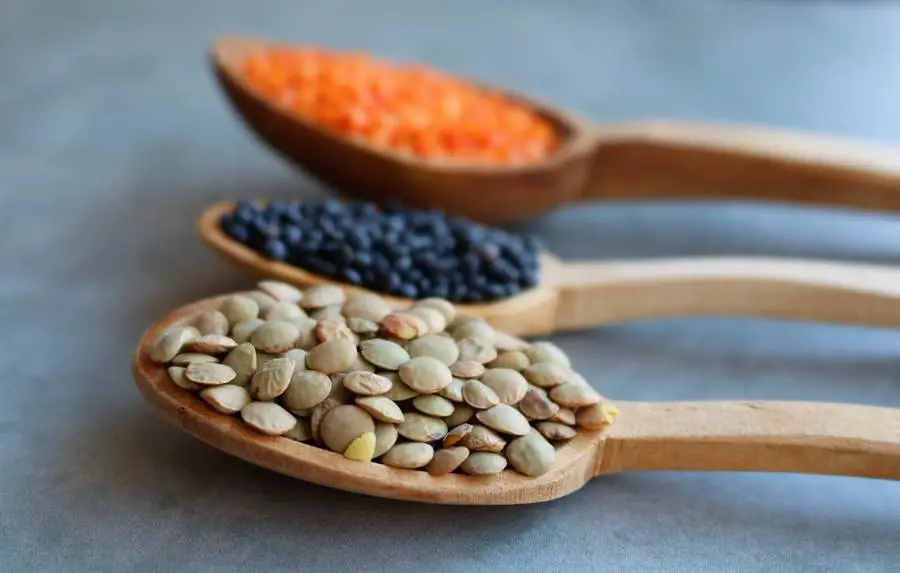
Tools For Wealth Generation
In the domestic kitchen, we use utensils as tools that aid our cooking of food at home.
In professional kitchens, these are tools that we use to cook and generate revenue for the business.
Chefs work them a lot during culinary operations.
You can imagine how many omelets you’ve cooked with that frying pan during breakfast service.
Caterers can tell how they work pots to boil water, cook sauces, steam potatoes, make soups, etc.
You can imagine how many onions you’ve chopped with that knife in a single shift.
How about that job, you’ve put the whisk to do, by whisking up eggs.
In the activities you’ve involved with those utensils, you can imagine the great jobs they’ve done.
You can tell how you use the tray to roast chicken, beef, or pork in the oven. How about baking?
The heroes are the craftsmen who crafted them.
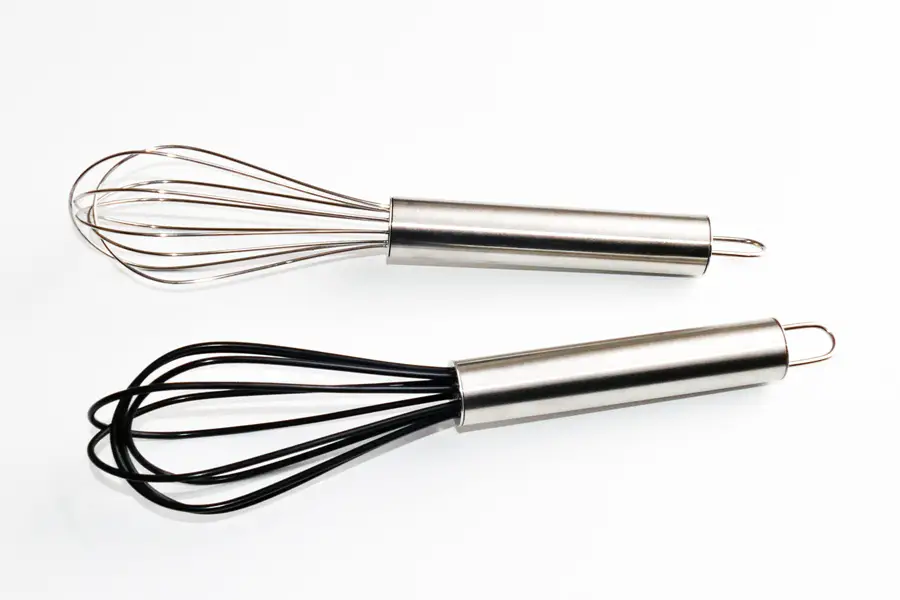
pair of wisk.
A Production Partner
Without a doubt, these tools remain a vital part of the kitchen.
Anytime we’re on duty in the kitchen, we work with them.
It’s a partner with the chef in this culinary job of ours.
They’re the instruments we use to produce those awesome dishes that the waiting staff serve to the guests in the restaurant.
Chefs use them to actualize those food concepts they develop every day.
The reliability of working with them is for sure.
Every idea about food that ends up on the plate must pass through cooking utensils to be actualized.
This shows that they are actually no doubt, a very essential tool of any home or commercial kitchen.
There is no one who doesn’t value partnership in business
An individual will care for a business partner because they work together to achieve an aim and succeed together.
This is exactly what happens between chefs and these tools, they work together to achieve a goal.
Sometimes we get so used to these utensils that, when they’re dilapidated, as a result of aging, we don’t want to let go.
Washing a pot, cleaning a tray, and rinsing a cooking spoon, are care that utensils deserve.
So, the reasons we care for these instruments (utensils), are so huge.
They are valuable apparatus for our cooking or productions in domestic and commercial kitchens.
They’re part of properties that make up a kitchen!
Each or any one of them must come in contact with any chef at work.
When caterers utilize them, they clean them up for subsequent usage, or for another time or day usage.
This article on care for utensils has pointed out how these items play an important role in domestic or professional kitchens.

